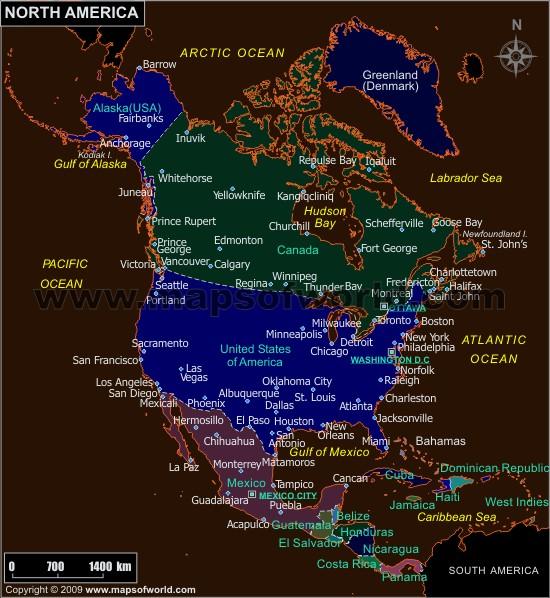
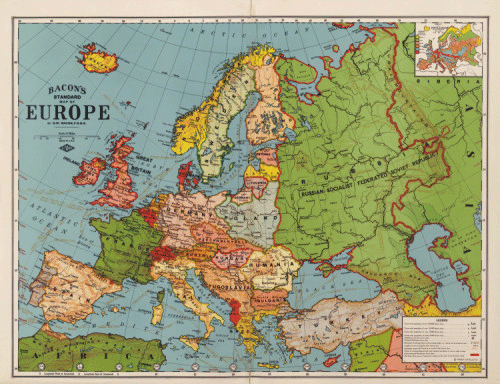
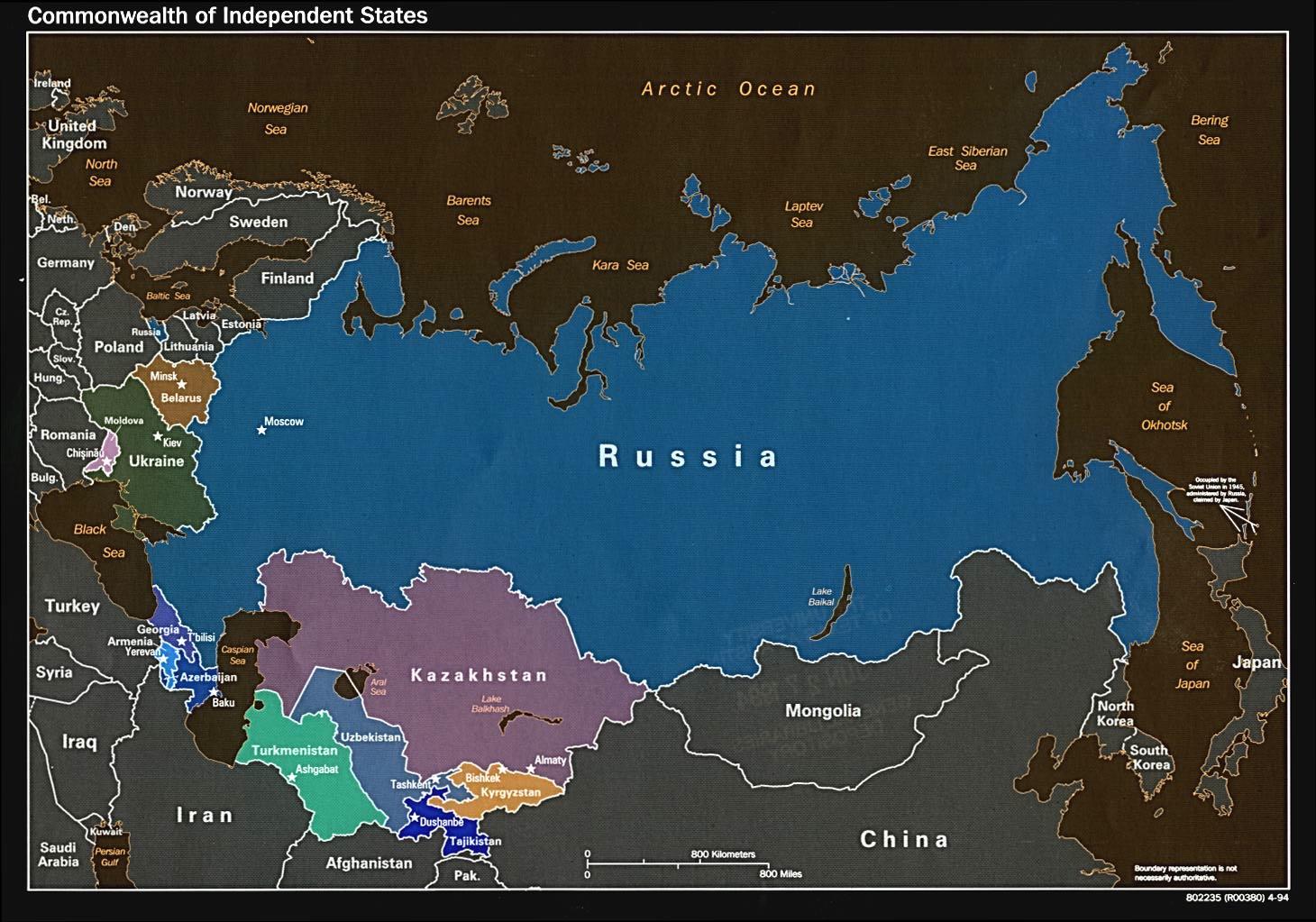
![]()

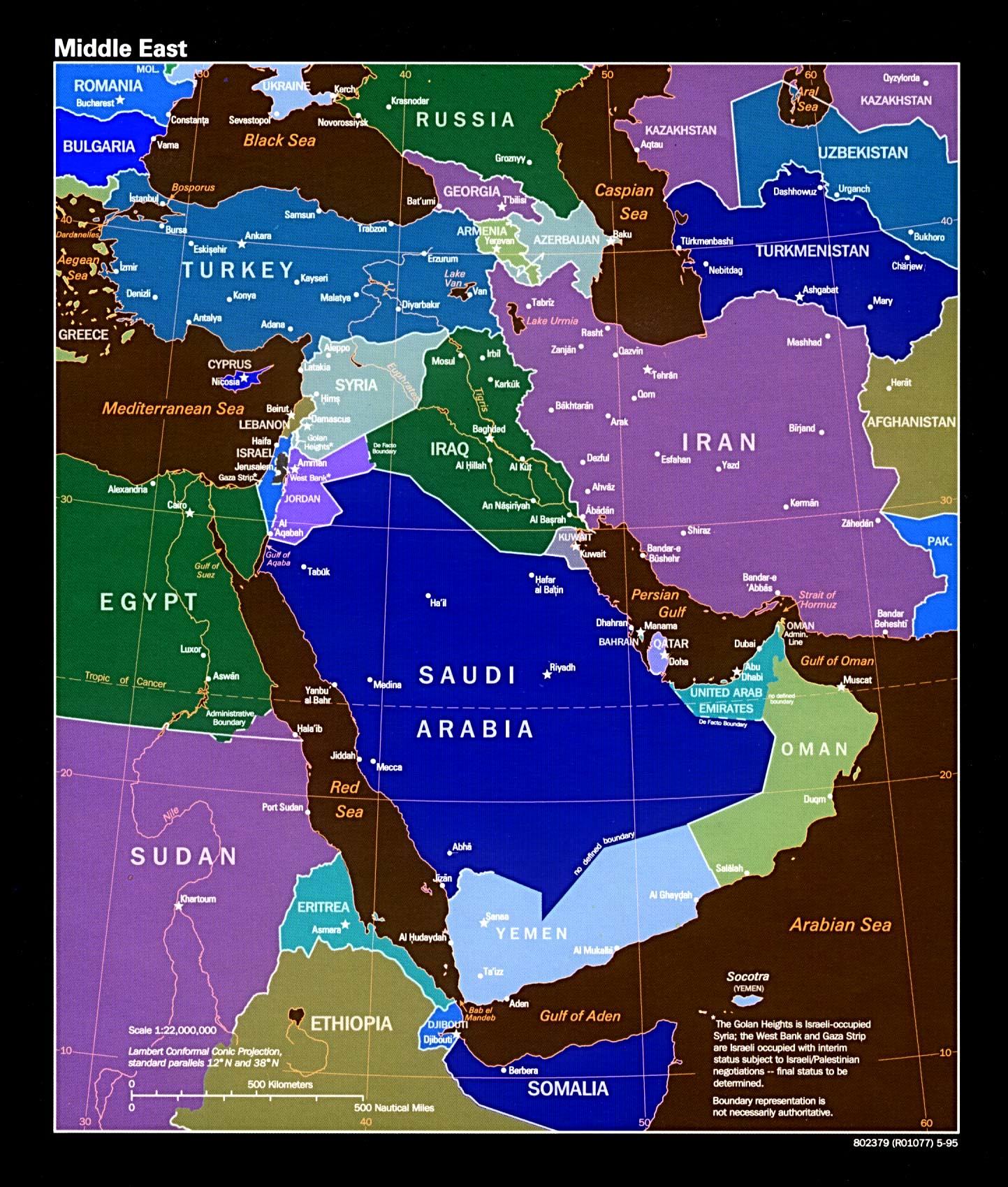
![]()
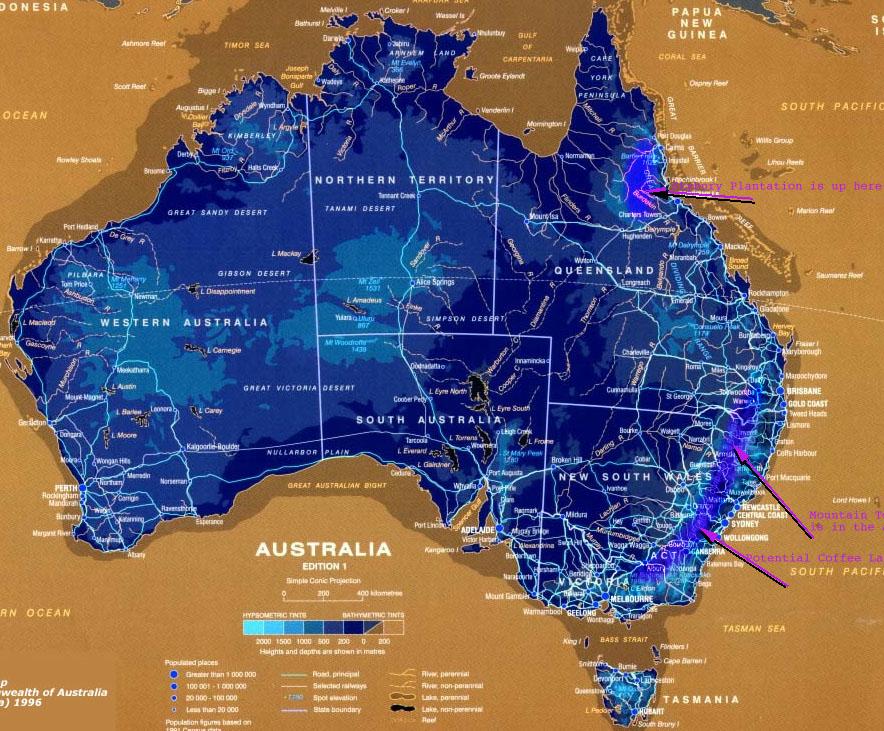
![]()
LECTURE OUTLINES - INTERNATIONAL RELATIONS AS AN ACADEMIC SUBJECT
Intro
Traditionally, IR was about relations between sovereign states and that's it. Today is a bit broader, concerning economics, interdependence, multinationals, NGOs and Intl. organizations, inequalities, development, terrorism fightin', etc. The four major traditions are: 1. realism 2. liberalism 3. Int'l Society and 4. Int'l Political Economy (IPE). A new one is social constructivism. Things have changed a lot in 20 years, we've gone from an east-west divide in the Cold War to a north-south divide between the 1st and 3rd worlds.
But the latest change has been only the most recent in a remarkable and remarkably brutal 20th Century. IR was born after WWI in 1918, to explain the horrible war and why it happened. Since, there have been some major debates within IR.
1. A doctrine dispute between the Liberal and Realist schools
2. A methodological dispute between these two traditional approaches and a new one: behaviouralism
3. A doctrine dispute between (neo)Liberal and (neo)Realist vs. a (neo)Marxist school
Liberalism
As the death toll in WWI climbed into the many millions, Europeans and Americans began belatedly asking if it was worth it. For Americans, it was the 'war to end all wars.' The entangled alliances which helped cause a local problem to become European and worldwide in scope demanded re-evaluation of the balance of power system. The Liberal school of IR emerged to ask why the war happened, and create the conditions whereby no war like that in the future would be able to break out. So 'why IR?' Cause it can help us avoid modern, mechanized war. No rational purpose could be found, no great moral cause. Liberal IR theory found the war was caused by autocrats caught up (and directing, and mis-directing) a militarized alliance system. Germany and Kaiser Wilhelm II were blamed because they lost, but Russia, Britain and France, Austria and Ottoman Turkey were just as 'caught up'. So what did Liberal IR Theory legislate for? Replace the old balance of power system based on the 1815 Concert of Europe order with idealistic Wilsonian self-determination. The war had a purpose after all- to make the world 'safe for democracy'. Wilson's 14 Points emphasized this new order and how it should be built.
They gave it the old college try. Self-determination was brought into Europe, and the old loser empires fell. America and France, which used to represent the liberal or left in world affairs, were now on the international right. It wasn't that they had changed at all, but the world had shifted around them. Austria-Hungary broke up into many new national states, as did Ottoman Turkey. Russia became the Soviet Union after a horrible civil war between whites and reds (they were out of the range, therefore by ideology, of the new self-determination zone in Europe. Their empire came an end but was reinvigorated as a Soviet empire). Liberal IR's conviction of self-determination also legislated for no more secret diplomacy, free(er) trade and open sea lanes, territorial plebicites, a reduction in arms... and a League of Nations. See, liberal democracies do not go to war with each other. France vs. US? C'mon! As autocratic, ancien rule is replace by democracy, war will end and peace will come.
Concert of Europe and balance of power = out
Realpolitik, secret treaties, personal vendettas, nationalistic expansionism = out
Academic text: Angell 1909 "Great Illusion" said 'war is useless. Replace it with business and that is how you get prosperity. War is not beneficial even for the winner! Modernization and interdependence make it obsolete. Human beings are just plain good, so give em a chance. Give peace a chance. Kellogg-Briand Pact 1928 'abolishes war'. This might be the high point of all human civilization. But it didn't last.
Realism
This Wilsonian idealism failed to accurately describe what happened in the 30s. Treaty of Versailles is totally flawed, Wall Street crashes, and liberal democracy fails in Germany, Italy and Japan, giving way to fascist dictatorship and authoritarian power on an even more vapid scale than before WWI. Even in small newly-created states authoritarian rule (on a more benign plane) came back: in Poland, Hungary and Yugoslavia, and Rumania. Russia was already a dictatorship anyway. The League of Nations is up in arms (or, rather, watching some of its members go up in arms through rearmament programs). Germany leaves the league, Italy too, Russia was kicked out, and the US never joined in the first place. It became a British-French club. The zoo turned back into a jungle. Liberal IR theory didn't cope well, and Realism became more accurate. Carr says "power is necessary." The Liberals think we can start with the assumption that people want to get along, but they don't. Conflict is more 'real' than cooperation. George Kennan was a realist. Says human nature is the basis of international relations. We are territorial creatures... Hitler is popular cause he promises glory, territory. Lebensraum. (Goldhagen quoted???).
Freud agrees, Darwin agrees (social Darwinism based on Machiavelli and Hobbes), even Christianity agrees (original sin, the mark of Cain, we all have it). So, start from there. Assume human beings are just plain bad, and need to be socialized through society, religion etc. And the world is an anarchy- like the State of Nature between primitive peoples. Best thing Realist IR says you can do is be strong or ally with someone strong. Deter aggressors. Use the balance of power, maintain it, take care about it. You can't make a jungle into a zoo because the strong animals will not let themselves be caged.
WWII might have been avoided if we would have balanced German power, but we didn't, we appeased. That was unrealistic. Realism would have ended WWII before it began. Santayana was a realist- 'we are doomed to repeat'.
After WWII, Realism remained supreme because it explained well the Cold War situation.
Behaviouralism
The 1st debate in IR was won by Realism during the 1930s-60s. The 2nd is about methods of figuring out what IR theory should even be based on. Traditionally, both Lib and Real got their conclusions from educated scholars who were lawyers, diplomats, professors etc. The judgement of human agents was the key. Good judgement = good IR theory. Behaviouralism turns this upsidown and says you should do it by the scientific method, and political scientists should be the ones doing it. Collect data, measure it, genralize from it, validate your hypothesis. The classical way is too holistic! It depends too much on history and philosophy and diplomacy study. Better to make laws based on reproducible behavioralist observation. Make up laws of politics.
Behaviouralists lost the 2nd major debate in IR, they just didn't have it. They did spur re-evaluation and self-examination though, in the Liberal and Realist schools.
Neoliberalism: Interdependence Rules! 1970s-Today.
Liberalism did not go away during the Cold War, but waited for its time to come back. Cold War detente in the 1970s saw Its adherents believe the conditions in which Realists saw as vindicating their dominant perspective would not last forever. They were only a historical-contextual set of conditions that would eventually pass. Against the background of Cold War, Liberals saw some indicators of this: increased trade, communication, travel, investment etc. At the same time, they scrapped utopian idealism- in favor of a more modest goal of 'progress' toward the ideal. Europe entered into the Coal and Steel Community in 1955, Signed the Treaty of Rome creating the EEC and Euratom. Later the EU would be born by the Maastrict Treaty in 1993. Sociological liberalism (Deutsch) qualified the whole process: common values and identities are arising between different national groups. Within the West, business is replacing military and the balance of power in a 'natural' way. Interdependence is good therefore, because it allows states to set up int'l institutions.
Realist backlash? In the 1980s the Cold War got more contestable again, Reagan, SDI, more buildup, ideological problems, etc. What would happen when Germany reunified? When communism fell, what would happen with the new states? Would they become democracies that indeed would not fight each other? Hungary vs. Slovakia? Would the 'zone of peace' expand? How far?
Neorealism: Confrontation is Back. 1980s-Today.
Ouch. Eastern Europe became Central Europe easy enough, but what about Yugoslavia? Now the Realists got their turn to turn Neo. Neo abandons moral and ethic subjectivity and tries to get a more scientific validity. Moral dilemmas of foreign policy? No worries, mate. Just describe it accurately. Look for the underlying structure- anarchy. Anarchy will not give way to world government, because states want to be autonomous. They all do tax collection and such, but they all have different levels of power. And power is the key. Great powers balance each other (still). Also, less human nature based- more structure of Int'l system. So, not anarchy cause of Hobbes' human nature, but because of the structure of the Int'l system. Evidence? 'Evil Empire' speech, economic competition between Japan and America. 'Business is war' = self-interested countries. Pg. 46.
International Society
Dissident VoicesI

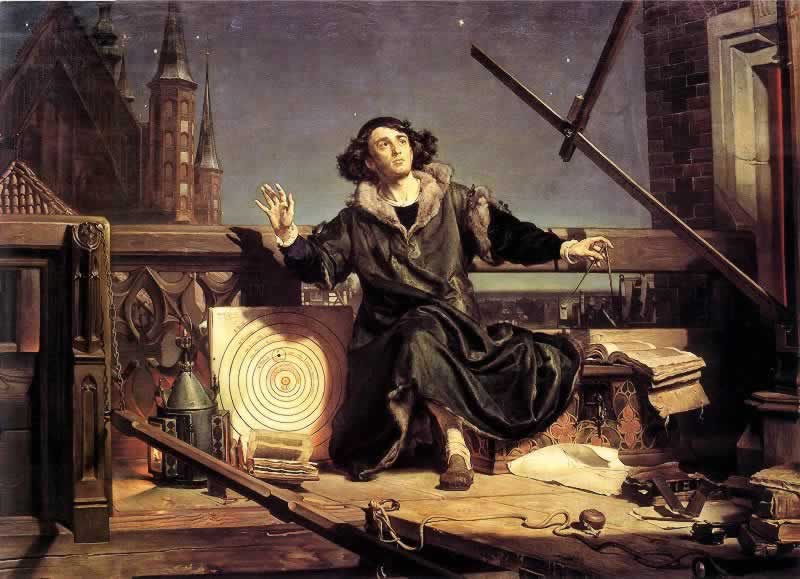
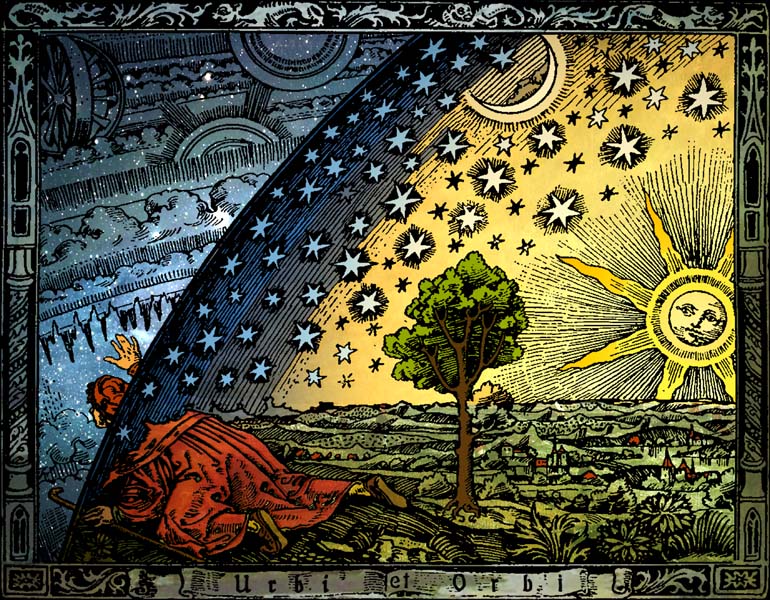
![]()


![]()
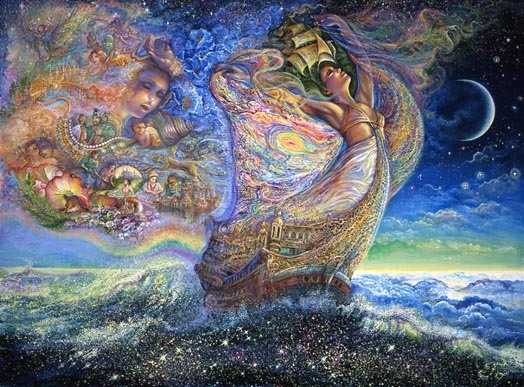
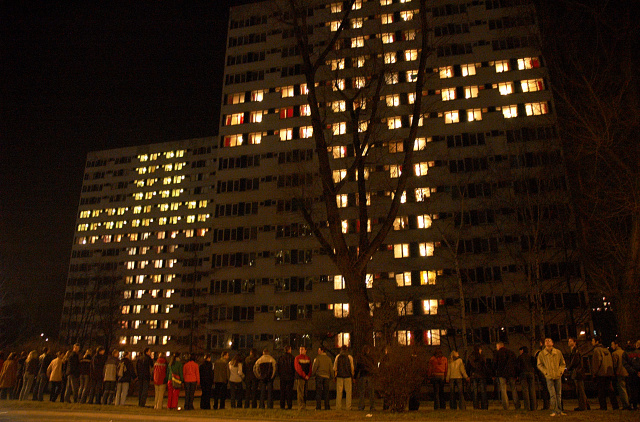
---------------------------